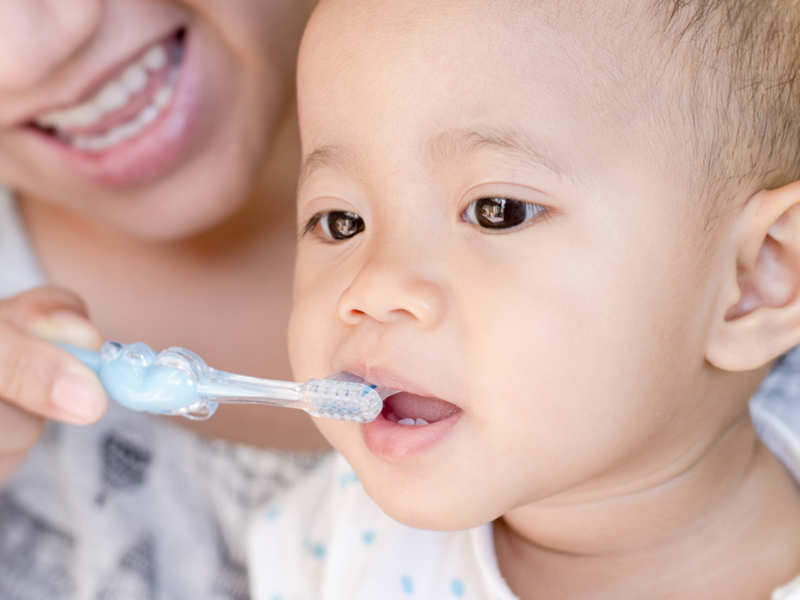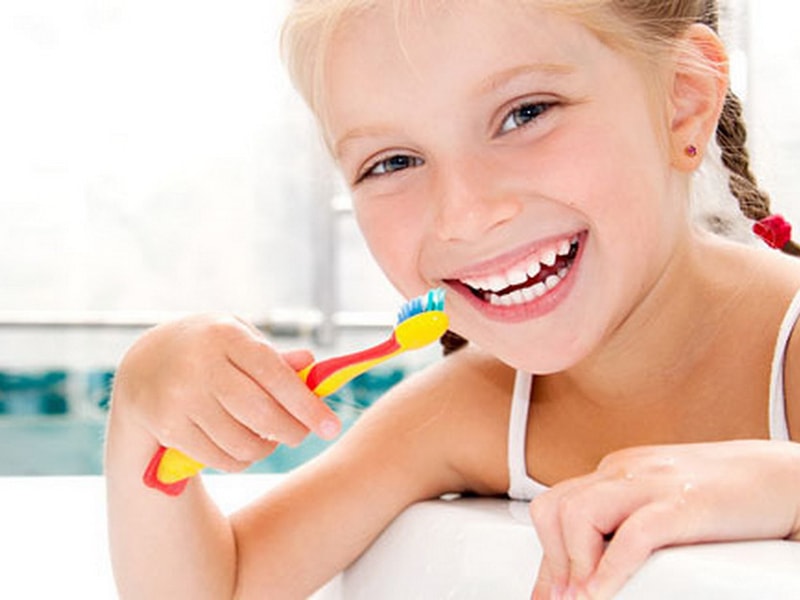The fact that children acquire adequate attitudes and habits in relation to personal hygiene, as well as the environment, is important within the actions of health education.
The family plays a fundamental role in the acquisition of these habits. Parents with their attitude and behaviour begin to form a lifestyle in their children, it is important that children learn to value the fact of hygiene as a measure for achieving greater personal well-being with others. Parents have a fundamental role in the acquisition of these habits.
Hygiene is a concept that goes far beyond cleanliness, comprises a series of other aspects such as physical exercise, nutrition, sleep, personal hygiene and the environment are basic to improving health.
A popular phrase assures “hygiene is health”. In fact, it is a basic principle in health prevention according to which it is possible to reduce the risk of contagion of numerous communicable health problems with the application of some basic hygiene measures.
It is not in vain that it is recommended that children be taught from an early age the hygiene habits that they must follow on a daily basis. This will not only improve their health by reducing the risk of falling ill, but will also affect their development by making the child more organized, careful and self demanding.
In addition, they will learn to worry more about their personal appearance and health, gaining autonomy, self-discipline and will. It is also a great exercise to train perseverance and personal effort in the formation of habits and the fulfillment of personal goals.
It is important that the child has all the necessary tools for grooming: toothpaste, toilet paper, toothbrush, comb, towel … and feel responsible for them.
It is our work with the children within the schedule to find the routine of cleanliness, where we teach every week by means of different activities that we must maintain good habits of cleanliness.
The habits of asea indispensable for children … and adults.
Brushing and keeping your hair clean
Hair, like the rest of the skin, gets dirty very easily due to dust from the environment and secretions from the scalp. For this reason, it is important to wash it frequently and brush it daily to stimulate hair health and improve its appearance.
This is one of the most basic daily grooming habits that the child should learn as soon as he or she acquires basic motor skills.
At first it is not even important that the child brushes or washes the hair well as it is an exercise that requires training. The essential thing is that he is aware of the advantages of this simple habit of personal hygiene, while being helped to obtain better results.
Brushing teeth
It is important to remember that dental cleaning must begin when the first teeth appear and that, although by the age of three they can use the brush on their own, it is not advisable to stop helping them until they are six, otherwise we run the risk that they do not do it well.

It is important to do the brushing from the gums to the teeth, in a circular way and without exerting too much pressure not to damage the tooth enamel. This exercise should be repeated when you get up, after each meal and before going to bed.
Introducing the habit of toothbrushing at an early age is vital to ensure optimal oral health in the child. In fact, it is the only way to prevent many of the dental problems such as cavities, halitosis and some gum problems.
Be sure to use fluoride-free toothpastes, as these are toxic not only to children, but also to adults.
Washing your hands
It is essential to instill this important hygiene habit in them in two ways. One is with the example, we should wash our hands with them and see us do it in all the circumstances in which we expect them to do it: before and after eating, go to the bathroom to do the needs and when you get home from the street. If we have a cold or flu or have touched something dirty, we should also wash up and tell them that we are doing it.
The second way to help them internalize this habit of washing their hands is to speak to them, in an age-appropriate language, about the reason for doing so. It is not because it is obligatory, or a custom, it is because it will help them to be healthier and avoid infections.
This is one of the most important daily hygiene habits because it is enough to prevent diseases such as tuberculosis, pneumonia, cholera, influenza and flu infections.
Keep in mind that hands are the main work tool of children, so it is usual for them to pass them over contaminated surfaces and then, when they are put in their mouths or eyes, they carry infectious particles that can make them sick.
In fact, statistics indicate that children who wash their hands more get sick less than those who do not. So the sooner you teach them to wash their hands well, the better. But it is important that they learn to wash their hands for at least 30 seconds, especially after playing, going to the bathroom, coughing or touching dirty surfaces.
Cleaning and cutting your nails
Keeping your nails short and clean is a health guarantee. Basically, bacteria and viruses accumulate under the nails from surfaces that children constantly touch. So the shorter you cut, the less likely they are to harbor dirt.
Although beyond size, it is also essential to keep them clean. And the sooner you teach this to your child, the better. If he’s older, you can teach him to cut his own nails, but if he’s small, you’d better cut his own to avoid accidents.
In any case, you should teach him how to keep his nails clean, you can give him a small soft cell brush so he can clean them when he washes his hands.
Bathing
This is probably the most important daily hygiene habit because while the child is bathing, it removes the remains of dirt and infection from the skin. Keep in mind that the skin is exposed all day to environmental pollutants, dirty surfaces and the secretions it produces, such as sweat and body fat.
Therefore, it is important to clean it at least once a day to remove dirt and toxins, allowing the pores to perspire better. It is a habit that helps prevent diseases such as the flu, while improving the child’s personal appearance and sense of well-being.







